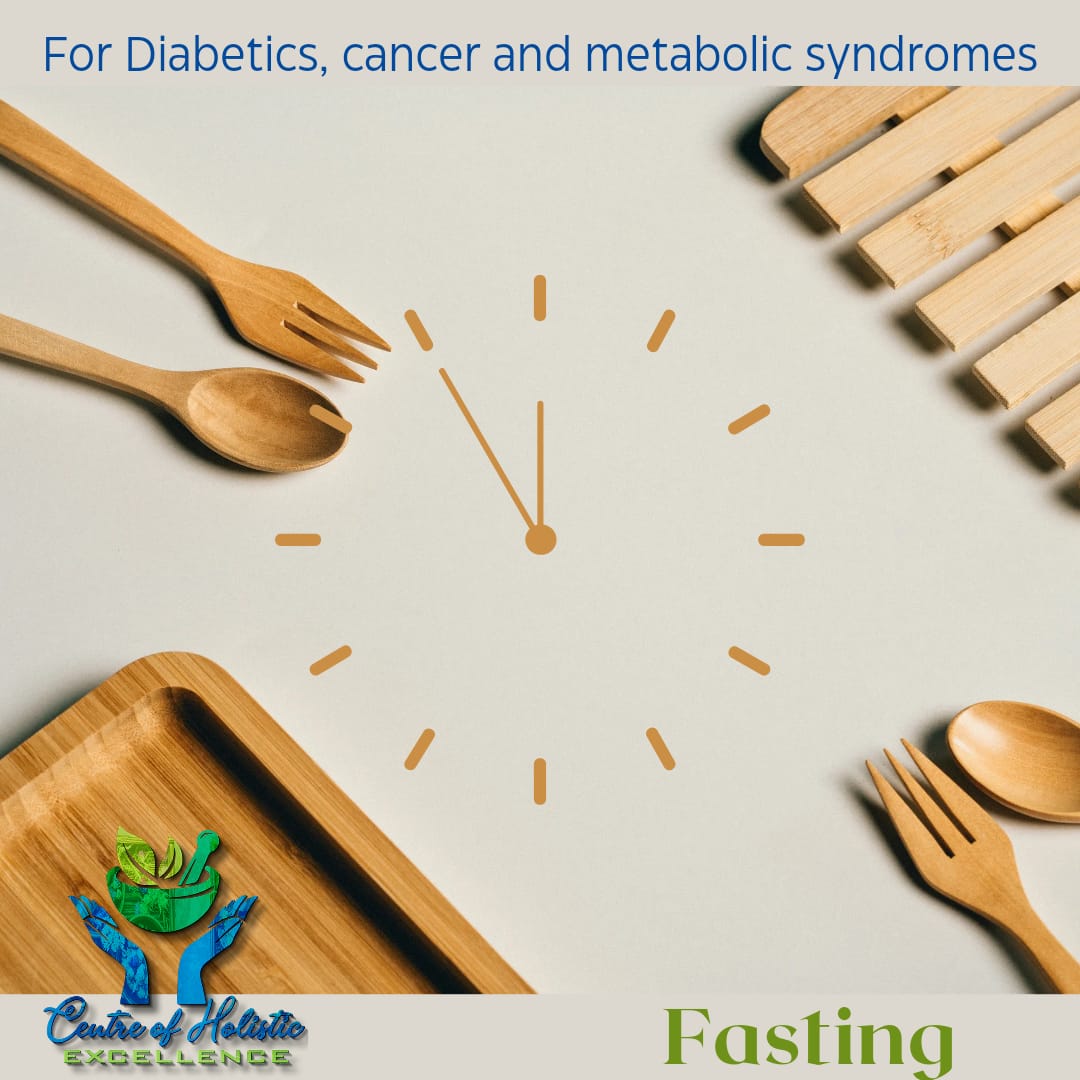
The effects of fasting, water fasting and low calories can have on Cancer patients, diabetic patients and those suffering with inflammatory conditions, gut disease and metabolic syndromeCentre of holistic Excellence
Functional medicine
Conventional mainstays of breast cancer treatment, including surgery, radiation, chemotherapy, hormone therapy, and targeted therapy, may not be as effective when they stand alone. To this end, scientists continue to study novel treatments, including complementary lifestyle approaches, which may help reduce the side effects of cancer treatment, improve physical and emotional well-being, and improve recovery from cancer.
“What integrative cancer care should be doing is integrating knowledge from all aspects of medicine and health—epidemiology and public health, nutritional medicine, endocrinology, as well as oncology and complementary medicine—into the care of cancer patients. The key is not to think ‘outside the box’ but to create a ‘bigger box,’” says Dr. D. Barry Boyd, MD, MS, a pioneer in the field of integrative cancer care with a targeted focus on nutritional support for cancer patients.
For the purposes of this article, we will look at some new clinical evidence behind dietary patterns that may support conventional treatment: the fasting-mimicking diet
Preclinical evidence suggests that short-term fasting and fasting-mimicking diets (FMD) may protect healthy cells from the stressors of chemotherapy. Research suggests that fasting causes healthy cells to switch from a proliferative state toward a state of maintenance and repair. However, malignant cells may be unable to enter this protective state because of oncoprotein activity and therefore fail to adapt to conditions where nutrients are scarce. Because fasting deprives proliferating cancer cells of nutrients, growth, and other factors, this may render them more sensitive to cancer therapy and increase cell death. A 2020 randomized phase 2 DIRECT trial of 131 patients by De Groot et al is the first randomized controlled study evaluating the effects of FMD on toxicity and efficacy of chemotherapy in patients with cancer. The results suggest that FMD cycles are safe and effective as an adjunct to chemotherapy in women with early breast cancer.
Writing in Nature Communications, De Groot et al explain that declines in plasma levels of insulin-like growth factor-1 (IGF-1), insulin, and glucose are among the mediators of the effects of fasting on cancer cells, as these factors can promote growth and prevent apoptosis. Fasting periods of at least 48 hours may be required to induce a robust decrease in circulating glucose, IGF-1, and insulin levels. In this randomized study, a low calorie, low protein FMD was developed for its ability to cause metabolic effects on various starvation response markers similar to those caused by water-only fasting, while reducing the burden often associated with a water-only fast. However, the authors stress that their data should be cautiously interpreted for potential selection bias.
A clinical trial in 2021 observed better adherence to the FMD than the DIRECT study mentioned above; it was less calorie-restricted than the one used by De Groot et al.4 This trial also accrued patients who were treated with different types of therapies, including chemotherapy, endocrine therapies, proteasome inhibitors, and more. In these patients, the FMD was also found to be feasible and safe. Overall, when combined with dietary and muscle training instructions to promote weight and lean body mass re-gain in the periods between FMD cycles, even multiple administrations of this dietary regime were safe in cancer patients.
The FMD decreased fat mass and effectively lowered circulating insulin, IGF-1, and leptin levels.
More recently, scientists studied the metabolic and immunomodulatory effects of a calorie-restricted, five-day FMD regimen in patients with cancer, finding that FMD cycles may decrease the side effects and increase the effectiveness of chemotherapy. More specifically, FMDs broadly reshaped intratumor immunity within 7 to 10 days in patients with limited-stage breast cancer, reducing biomarkers associated with immune suppression and promoting tumor infiltration by activated and cytotoxic immune cell populations.
Quick links
Help & Info
Working Hours
08h00 to 16h00 Monday to Friday
08h00 to 11h00 Saturday
Contact Us